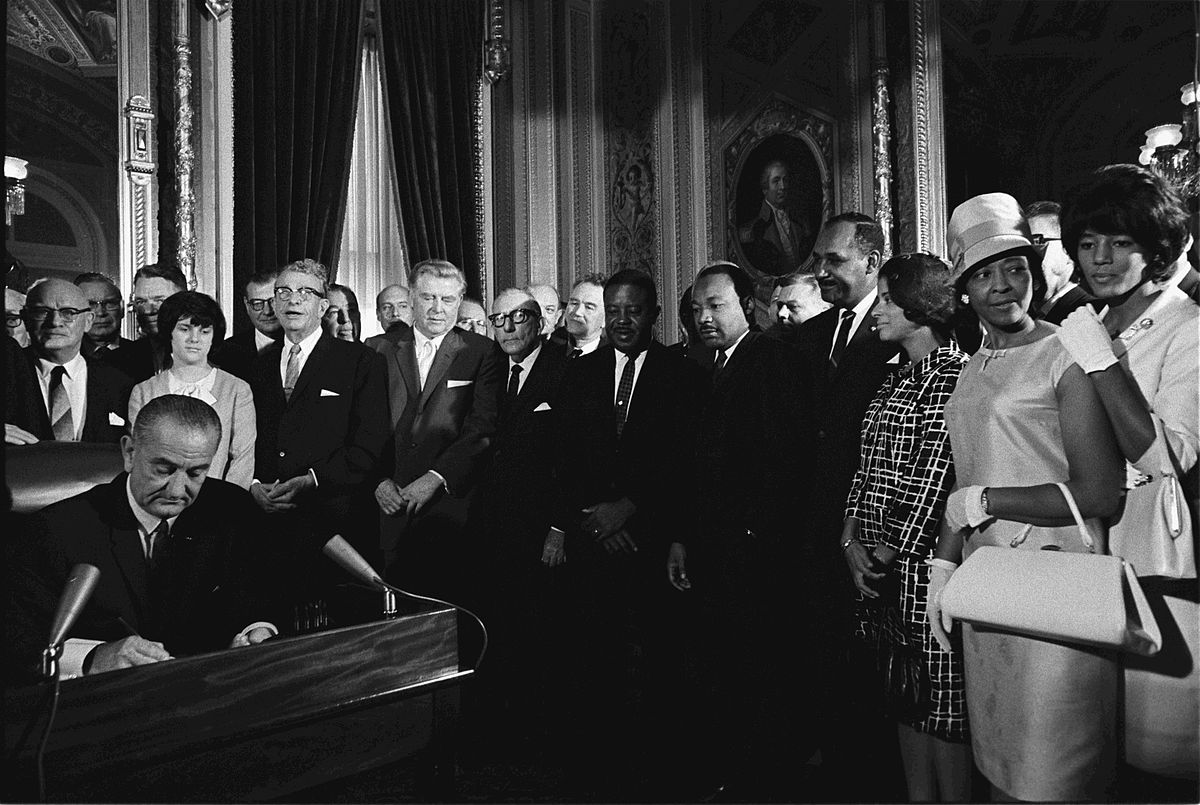As we approach the 60th anniversary of the passage of the Voting Rights Act (VRA) the bill’s legacy continues to influence voting rights debates even as new challenges have emerged.
In recent years, there has been a concerted effort to restrict voting access in various states. These measures include stringent voter ID laws, reductions in early voting, purging of voter rolls, and limitations on absentee voting. Critics argue that these laws disproportionately affect minority communities and are reminiscent of the discrimination the VRA sought to eliminate.
Kareem Crayton, vice president of the Brennan Center’s Washington, D.C., office, weighed in on these developments. Crayton explained that one urgent issue that requires attention is the erosion of voting rights. To guarantee that every person can take part in the political process without fear or obstruction, he feels that substantial reforms are imperative.
“What concerns me is that we have increasingly ‘blessed decision-making’ that fences out communities of color, under guise of law,” Crayton said. “The question everybody needs to think carefully about is what you’re willing to do to defend that, because it’s not gonna just defend itself. We have the right to vote, but we have it only in so much as we’re able to use it, and … outcomes in politics depends upon who shows up.”
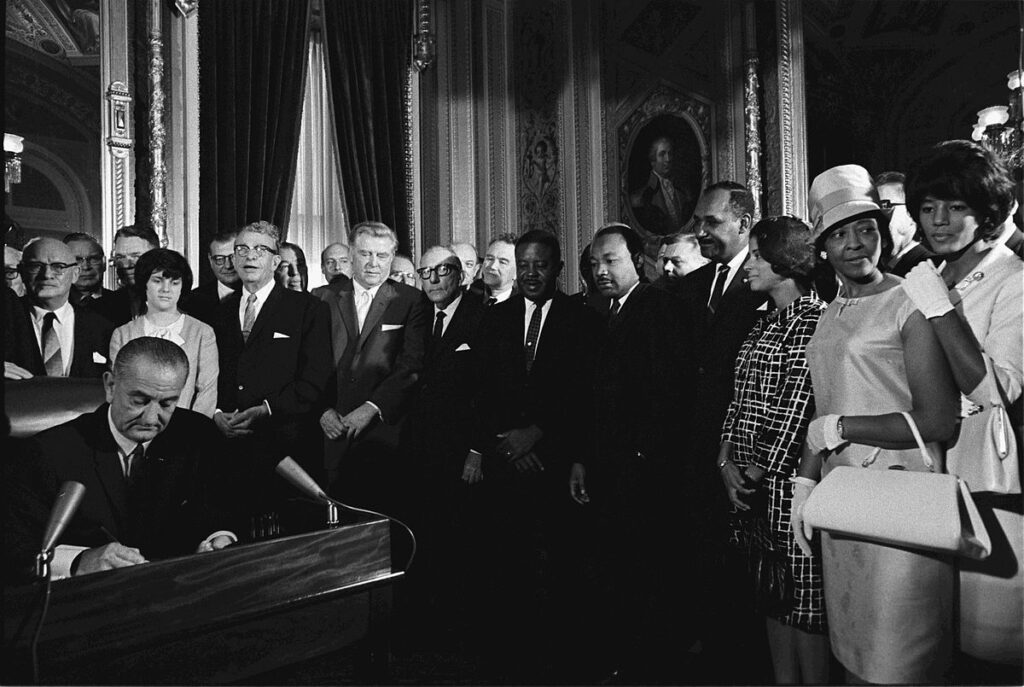
Cedric Merlin Powell, associate dean for academic affairs at the Howard University School of Law, underlined that the courts are essential to maintaining the VRA tenets. He believes that activists must push for court rulings that safeguard and increase voting rights, particularly for underserved populations. To encourage more judicial decisions that protect voters at the polls, he said, activists are employing a multifaceted strategy.
“Conservative justices view discrimination in neutral and post-racial terms, so, while they are amenable to acknowledging discrimination that is so blatantly intentional that it can be persuasively proven, they will not acknowledge structural inequality and systemic racism,” Powell said. “At best, this is irremediable ‘societal discrimination.’ At worst, there is no discrimination because it has been eradicated. Moreover, the court is receptive to reverse discrimination claims advanced by whites, such as in the Students for Fair Admissions decision overturning affirmative action.”
Working with and supporting voters
With a 6-3 conservative supermajority, it is difficult for the liberal justices to counterbalance the current court’s aggressiveness. Shelby County v. Holder is one such example of when this happened.
“Justice [Ruth Bader] Ginsburg offered a scathing critique and analysis of the court’s overturning of the preclearance formula in the Voting Rights Act, freeing covered jurisdictions from federal supervision and clearing the way for states to gerrymander districts so that power is entrenched and Black voting strength is diluted,” Powell said. “She famously noted that ending preclearance was like ‘throwing away your umbrella in a rainstorm because you are not getting wet.’”
Pamela S. Karlan, a former principal deputy assistant attorney general in the Civil Rights Division of the US DOJ and professor at Stanford Law School, thinks the Supreme Court made a mistake in Shelby County v. Holder and in Brnovich v. Democratic National Committee. However, she believes the Allen v. Milligan decision was correct.
“… in Brnovich, I think they had an unusually narrow and an improperly narrow view of what the Voting Rights Act was intended to accomplish,” Karlan said. “In Shelby County, I think the court was mistaken in thinking that they didn’t have the power to extend the Section 5 regime for another 25 years, given the evidence that was in front of it.”
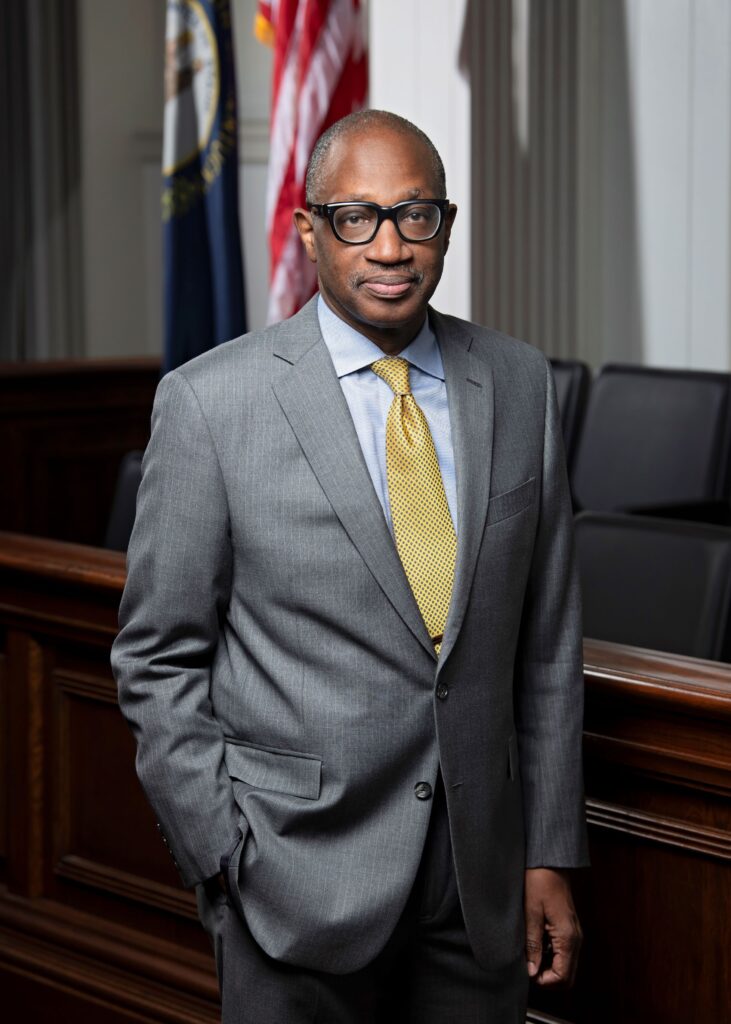
Powell believes that preclearance must be restored by Congress, in addition to other steps to make voting easy, accessible and meaningful — the goals of the John Lewis Voting Rights Act — in order for the bill to return to its full strength and capacity.
“Voting is the cornerstone of our democracy; the act of voting resonates because it is the voice of the community expressing its wishes to their representatives, and it is how democracy is actualized through the will of the people,” Powell said. “Voting gives voice to the political community.”
U.S. Sen. Charles (Chuck) Schumer, D-N.Y., minority leader of the U.S. Senate, recognizes the challenges facing the VRA bill.
“This year marks 60 years since the passage of the Voting Rights Act, one of the most significant pieces of civil rights legislation in our nation’s history. Sadly, it’s been more than a decade since the Supreme Court gutted critical provisions of that law, that previously prevented states with a history of discrimination from changing their voting rules without preapproval from the Department of Justice,” Schumer said in a statement to the Amsterdam News.
“Since the Supreme Court’s 2013 decision in Shelby County v. Holder, states across the country have passed unjustified and damaging laws that impede voting and that disproportionately limit access to the ballot for Black voters and marginalized communities,” Schumer said. “Denying any eligible American citizen access to the ballot cuts against the heart of our democracy — the right to vote. Democrats will continue to heed the words and values of our late colleague, John Lewis, and work tirelessly to safeguard the right to vote.”
Ongoing attacks on voting rights
Perry Grossman, director of the New York Civil Liberties Union’s voting rights litigation section, thinks the present administration is the worst by far as it pertains to voting rights.
“Congress and the Supreme Court are failing, and the president is being actively hostile to the voting rights of people of color, so the fight always goes on, even in the face of a hostile administration,” Grossman said.
One of the most prominent executive orders the Trump administration has issued, according to Grossman, is requiring documentary evidence of citizenship when completing a federal voter registration form.

Grossman said documented evidence of citizenship isn’t just superfluous for maintaining the integrity of the voting process; it is obviously intended to deny the right to vote to people of color, those with low incomes, the elderly, and those who are just less likely to possess those federal documents.
“Documented proof of citizenship, such as passports, [is] costly, and many Americans lack them,” Grossman said. “Congress has to act to renew those protections, to expand those protections, to push back on what the Supreme Court has done, but I’m encouraged by the states that have taken it upon themselves to innovate their Congress, and the U.S. Supreme Court have fallen short. … the passage of the John R. Lewis Voting Rights Act of New York (June 2022), I think, is a monumental achievement in its own right.”
According to Gonzalo Duran, old problems are resurfacing. The Bronx-born politician is the Republican candidate for Public Advocate in New York City. His appreciation for the significance of the VRA has grown since it changed not only who is eligible to vote, but also how the nation defines equality, justice, and freedom. He believes that the current structure that New York State has put in place to be a positive one.
“In New York City, we’ve continued to expand access. Today, we provide ballots and interpreters in, I believe, 12 languages at every polling site,” said Duran, the vice chairman of the Bronx Conservative Party. “Voters are allowed to bring their own interpreters, and there are outreach efforts in densely populated minority communities to ensure that every voice is heard. This is the spirit of democracy in action.”
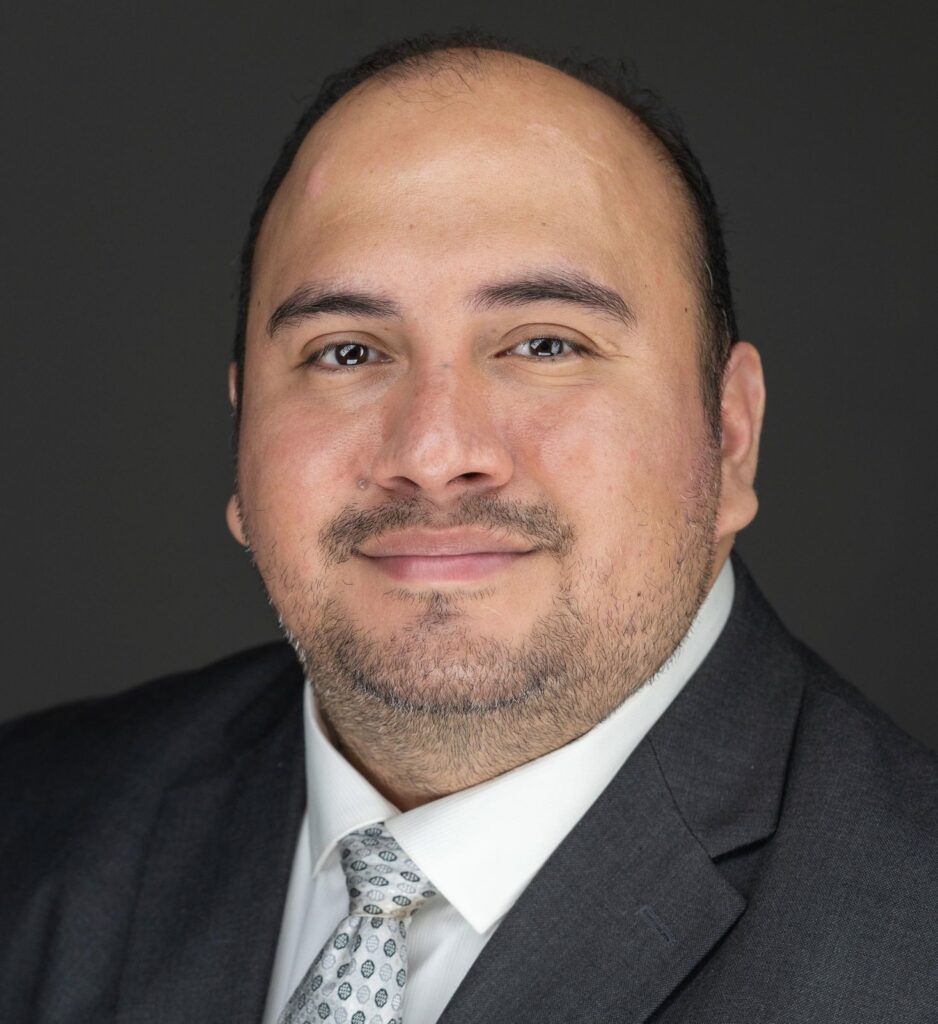
A new dawn: The John R. Lewis Voting Rights Advancement Act
The John R. Lewis Voting Rights Advancement Act has been put forth as a solution to recover the protections lost through court rulings. This proposed legislation, championed by Democrats, is seen as a revival of voting rights, not just new laws.
“The John Lewis bill is unnecessary, unjustified, and dangerous,” said Hans von Spakovsky, a lawyer and former member of the Federal Election Commission who has always been a harsh critic of the Obama administration. “It would give the Justice Department — and therefore the party that controls the White House — extraordinary power and authority over state and local election rules, laws, and administration, giving the party in power the ability to try to manipulate elections to ensure they remain in power.”
Von Spakovsky cited this as the primary reason why the John Lewis Voting Rights Advancement Act hasn’t gained national support. To guarantee that every election is fair, von Spakovsky would like to see a system called the Election Integrity Scorecard implemented in all future elections.
Despite the claims of the Heritage Foundation, many election experts, including the Brookings Institution and the Brennan Center for Justice, have found that election fraud is extremely rare and that efforts to “secure the vote” often do more harm by deterring qualified voters from exercising the franchise.
Terrycina Andrea (Terri) Sewell has represented Alabama’s 7th Congressional District as a U.S. representative for the past 14 years. Her district encompasses most of the Black Belt, including the primarily Black areas of Montgomery, Tuscaloosa, and Birmingham.
Sewell, a Democrat, was the driving force behind the John Lewis Voting Rights Advancement Act campaign, sponsoring the legislation.
In Sewell’s opinion, revisiting previous battles is essential to carrying on the “good fight.”
“Sadly, so much of that progress is under attack. Old battles have indeed become new again. Last year alone, lawmakers in at least 40 states considered 317 bills to make it harder for Americans to vote,” Sewell said. “Meanwhile, here in Congress, Republicans are pushing a massive voter suppression bill that would disenfranchise millions of eligible voters, including married women, military personnel, and those living in tribal communities.”
Sewell also said bipartisanship is necessary for the act to succeed.
“Voting rights should not be a partisan issue, and for decades, it was not,” Sewell said. “Since it passed in 1965, the Voting Rights Act was reauthorized five times by Democratic and Republican presidents, most recently in 2006 by President George W. Bush. Yet today, not a single House Republican will support our bill to restore its full protections, perhaps because Republicans have discovered that making it harder for certain communities to vote makes it easier for them to win.”
Karlan agrees and thinks it’s possible to do it again.
“In most states, voting is run by nonpartisan election officials,” she said. “Ultimately, at the county level, the people who are running the elections are not partisans, or if they’re partisans, they’re still professionals.”
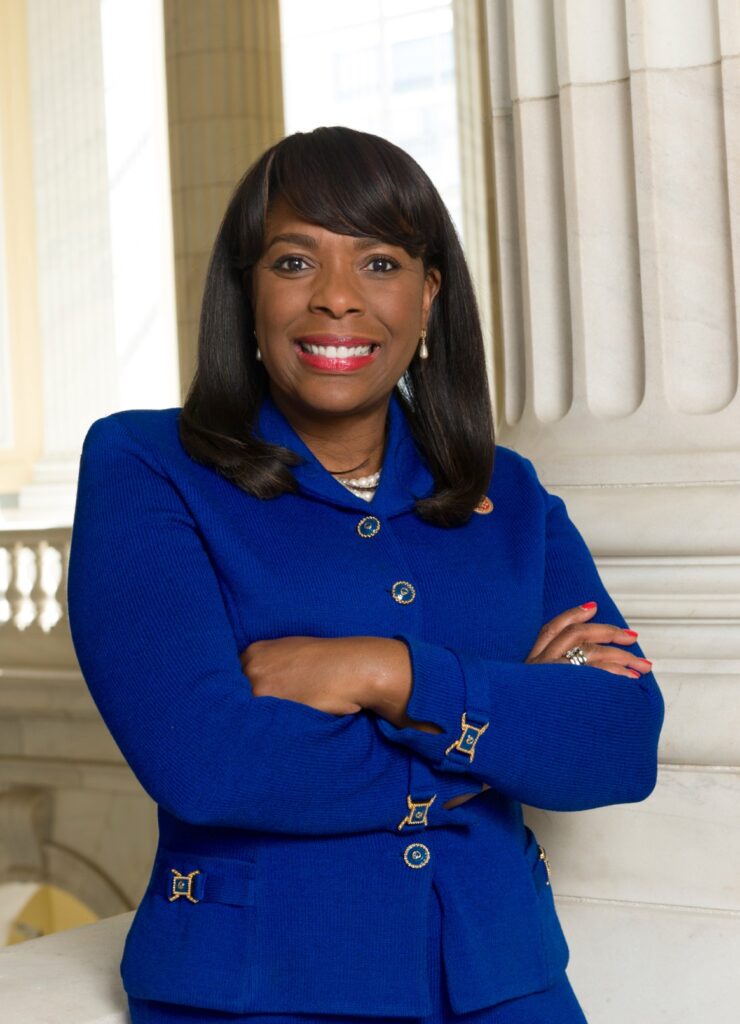
Purging the rolls and history
According to Leah Litman, co-host of the “Strict Scrutiny” podcast with Melissa Murray, author of the book “Lawless,” expert on Project 2025, lawyer, and professor of law at the University of Michigan Law School, “Voting purges are where states remove people from the eligible voter rolls — such that if and when the voter goes to vote, they would find that they’re not actually registered to do so, and therefore can’t vote until they’re registered.”
“As that description suggests, voting purges are especially consequential in states that restrict voter registration — i.e., if they don’t allow same-day voter registration, because often what happens is someone goes to vote but doesn’t realize they’re not registered, and if they can’t register then, they might not be able to vote at all … different states have different rules — yes, voting purge systems do vary state by state,” Litman said.
She emphasized the need for preparedness.
Individual voting rights have once again been restricted by recent court rulings and state-level suppression tactics, leaving many citizens with antiquated registration procedures, complicated identification requirements, and quickly evolving regulations, she said.
“[Project 2025 will make things] way worse. They want to basically use the DOJ to gin up baseless fears about voter fraud — and make it harder for states to protect voting. And they would decline to enforce the VRA in cases where states or localities adopt policies that disproportionately negatively affect racial minorities and language minorities,” Litman said.
In response, Powers added his own metric and reaffirmed Litman’s argument.
“The changes to the mission of the U.S. Department of Justice’s Voting Section, the orders forcing the section to dismiss all of its current cases, and the decimation of the section’s career staff [are] deeply concerning for the future of voting rights,” Powers said. “The career employees of the Voting Section are critical to ensuring continuity of federal enforcement in the voting rights space.”
A revised and updated Section 4 of the VRA is the best option, Litman said, because it would pave the way for a new benchmark.
“A revamped Section 4 would create a new standard for determining which states and localities are subject to preclearance,” she said. “Congress could choose a new formula, or it could just list the jurisdictions it wanted subject to the law. It doesn’t actually have to do anything to Section 5 — at least, the court didn’t say it did. It’s possible, of course, that the Supreme Court would come back and say ‘Well, actually, you just can’t have any kind of preclearance.’ It can be materialized with the political will — if Democrats can be convinced to abandon the filibuster to protect voting rights, or if Republicans can be convinced to protect voting rights. I think the former is more likely to happen.”
Litman agreed that when it comes to the way the Trump administration has handled voter rights, it’s the worst she has seen.
Von Spakovsky of the Heritage Foundation, on the other hand, challenges this idea.
“The current administration is performing well and undoing the damage done by the previous administration’s filing of unjustified, meritless lawsuits,” von Spakovsky said. “The best example of that is the lawsuits the Biden DOJ filed against Virginia and Alabama prior to the November election, claiming the states were prohibited from removing aliens from their voter rolls, despite the fact that it is a felony for an alien to register or vote. The current DOJ has dismissed those lawsuits.”
Reflecting on the past and shaping the future
“Our foremothers and forefathers were tacticians and strategists, and we should take a page from their playbook,” Sewell said, encouraging activists to look to history for inspiration.
“All across this nation, we need to organize, strategize, and mobilize our communities in support of voting rights,” Sewell continued. “And as John Lewis taught us, we need to get into some ‘good trouble.’ We may encounter roadblocks along the way, but we can never be deterred. Never did I think that 60 years after the brutality of ‘Bloody Sunday,’ I would be carrying a bill to restore the full protections of the Voting Rights Act. It goes to show that progress is elusive, and every generation must fight to hold onto the progress of the past, lest we lose it.”
This article is part of a collaboration with the Associated Press, Black News & Views, and the New York Amsterdam News. The work is part of the AP Inclusive Journalism Initiative, supported by the Sony Foundation.


